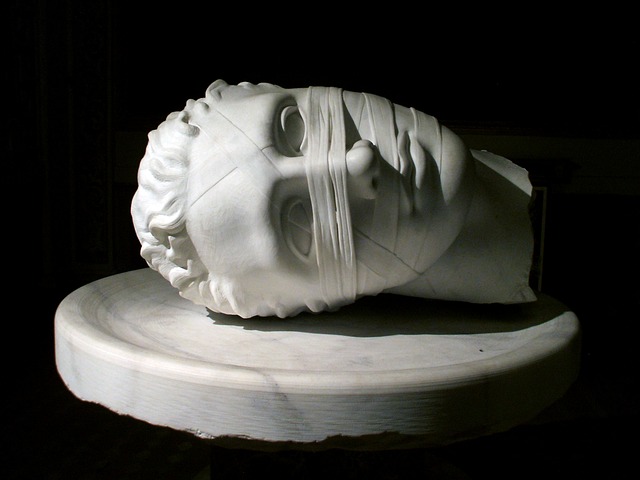Summary: Researchers have found that an injection of a specific blood factor can replicate the benefits of exercise in the brain. They have discovered that platelets secrete a protein, exerkine CXCL4/platelet factor 4 or PF4, that rejuvenates neurons in elderly mice in a way similar to physical exercise. This protein, which is released from platelets after exercise, produces regenerative and cognitive improvements when injected into aged mice. The beneficial effects of physical activity on brain aging are well recognized, and exerchins , factors that are secreted into the circulation in response to exercise, emerge as likely mediators of this response. However, the source and identity of these exerchins remain unclear. Here we provide evidence that platelets secrete an antigeronic exercin . We show that platelets are activated by exercise and are required for the exercise-induced increase in hippocampal precursor cell proliferation in aged mice . We also demonstrate that increasing systemic levels of platelet-derived exercin CXCL4/platelet factor 4 (PF4) ameliorates age-related cognitive and regenerative impairments in a hippocampal neurogenesis-dependent manner. Together, these findings highlight the role of platelets in mediating the rejuvenating effects of exercise during physiological brain aging. |
Comments
Preclinical trials by researchers at the University of Queensland have found that an injection of a specific blood factor can replicate the benefits of exercise in the brain.
Dr Odette Leiter and Dr Tara Walker from UQ’s Queensland Brain Institute led a team that discovered that platelets , the small blood cells essential for blood clotting, secrete a protein that rejuvenates neurons in aged mice. similar to physical exercise.
"We know that exercise increases the production of new neurons in the hippocampus, the part of the brain important for learning and memory, but the mechanism has not been clear," Dr. Leiter said.
"Our previous research has shown that platelets are involved, but this study shows that platelets are actually needed for this effect in aged mice ."
The researchers focused on exercins , biological compounds released into the bloodstream during exercise, which are thought to stimulate the exercise-induced response in the brain.
"We found that the exerkin CXCL4/platelet factor 4 or PF4, which is released from platelets after exercise, produces regenerative and cognitive improvements when injected into aged mice," Dr. Leiter said.
Dr. Walker said the findings have important implications for the development of pharmacological interventions.
"For many people with health problems, mobility problems or older age, exercise is not possible, so pharmacological intervention is an important area of research," he said.
"We can now target platelets to promote neurogenesis , improve cognition, and counteract age-related cognitive decline."
The researchers said the next step is to test the response in mice suffering from Alzheimer’s, before moving on to human trials.
"It’s important to note that this is not a replacement for exercise ," Dr. Walker said. "But it could help very old people or someone who has had a brain injury or stroke improve cognition."
The study is published in Nature Communications .
















